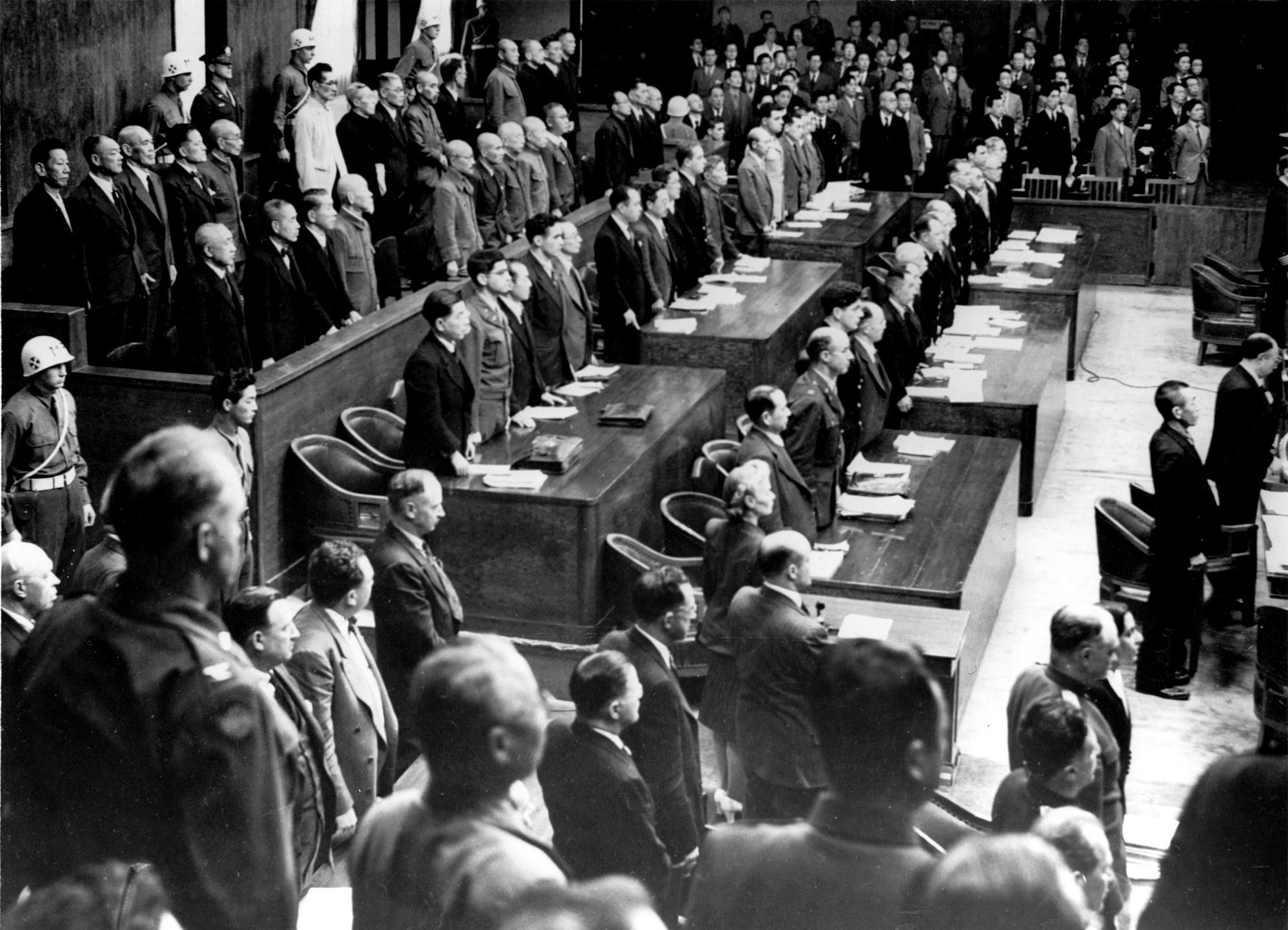My friend Doris Bargen at the University of Massachusetts, Amherst, asked me to give a talk to her class on "Martyrs and Rebels in Japan." When I chose "martyrs," she sent me Samuel Klausner's close definition of "martyrdom," with her simple one defining martyrs as those "adhering to their ideology/faith and dying." Her syllabus for the course included Shusaku Endo's novel "Silence," along with Martin Scorsese's film version of it.
Japan has produced a great many martyrs — not just the Shimabara Rebellion in 1637-1638 that precedes Endo's fiction, but also Japan's defeat in the Asia-Pacific War, a period of great interest to me in recent years.
There were, first of all, "kamikaze pilots" — Klausner names them — and the men who likewise went off on missions to certain death. Following Japan's defeat, many military men committed suicide, 527 of them, according to a 1962 book. Civilians also did the same, for one ideology or another, including mass suicides. The book describes two such groups.

















With your current subscription plan you can comment on stories. However, before writing your first comment, please create a display name in the Profile section of your subscriber account page.